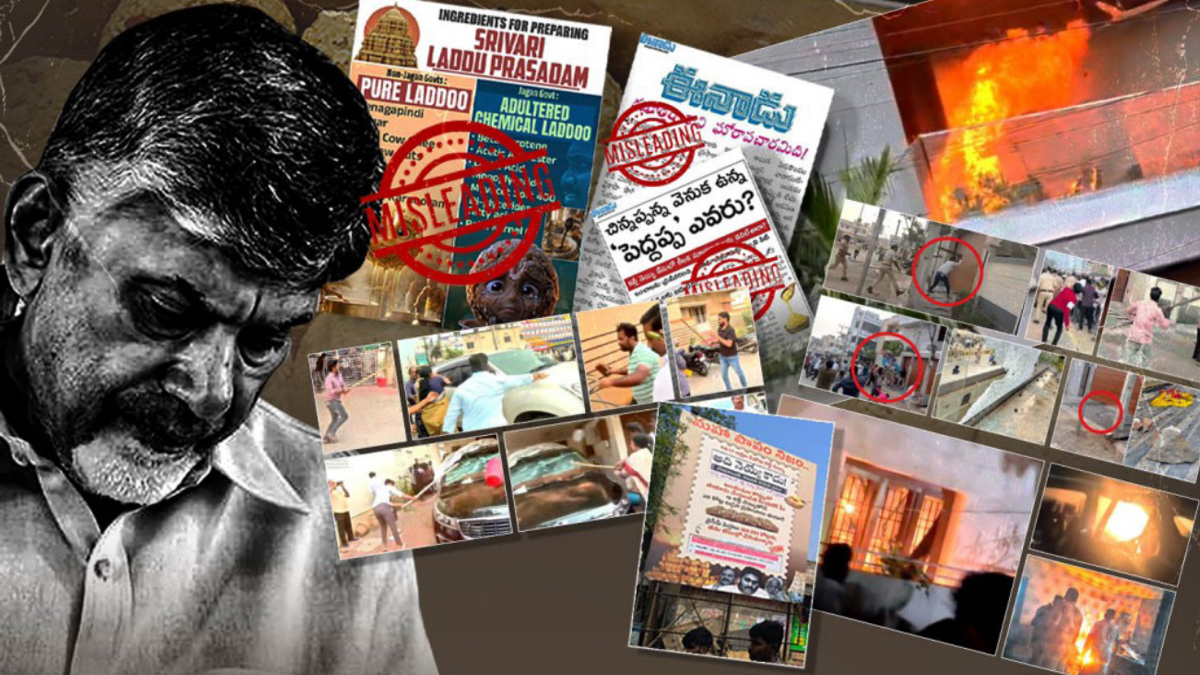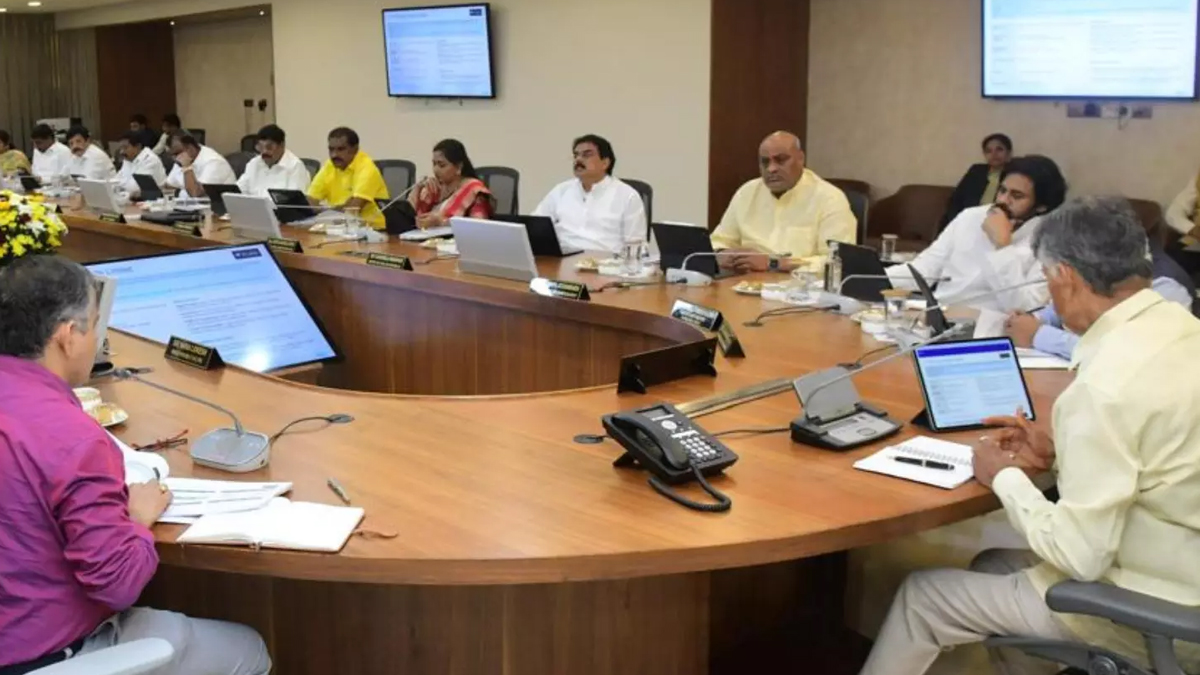In a move that has stirred statewide controversy, the Andhra Pradesh cabinet, under the leadership of Chief Minister N. Chandrababu Naidu, has approved a permanent government job for the son of TDP (Telugu Desam Party) worker Thota Chandraiah, who was murdered in 2022. The decision is being seen as a landmark shift, raising questions about the intersection of politics and public sector employment.
Thota Chandraiah, a native of Gundlapadu village in Veldurthi Mandal of Palnadu district, was killed in what police described as a personal dispute between two families. However, TDP leaders have maintained that the murder was politically motivated. At the time, then-opposition leader Chandrababu Naidu visited the family and carried Chandraiah’s bier, underlining the political weight of the case.
Justifying the decision, Minister Parthasarathi stated that similar to the practice of offering jobs to families of deceased police officers, officials, and MLAs, this case warranted equal consideration. The cabinet reportedly approved the necessary amendments to facilitate the appointment.
However, the decision has triggered strong backlash across social media and political circles. Critics argue that it bypasses standard recruitment procedures, which typically require merit-based examinations and clear eligibility criteria. The move is being viewed as politically driven and potentially sets a precedent for the misuse of government job allocations.
Opponents suggest that if support for the family was the goal, financial compensation or a position within the party would have been more appropriate. They warn that such politically influenced appointments could fuel resentment among job-seeking youth and undermine the credibility of public recruitment processes.
While the government’s move reflects a shift in governance approach, concerns remain over whether this is an isolated exception or the beginning of a broader trend. No formal legal framework has been cited, prompting further scrutiny and debate.
Government Job for Slain TDP Worker’s Son in AP Sparks Debate











